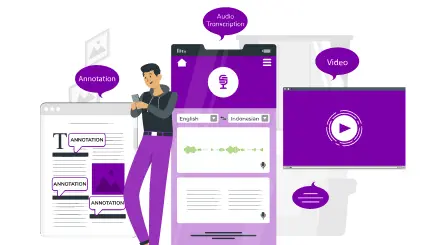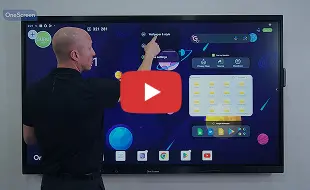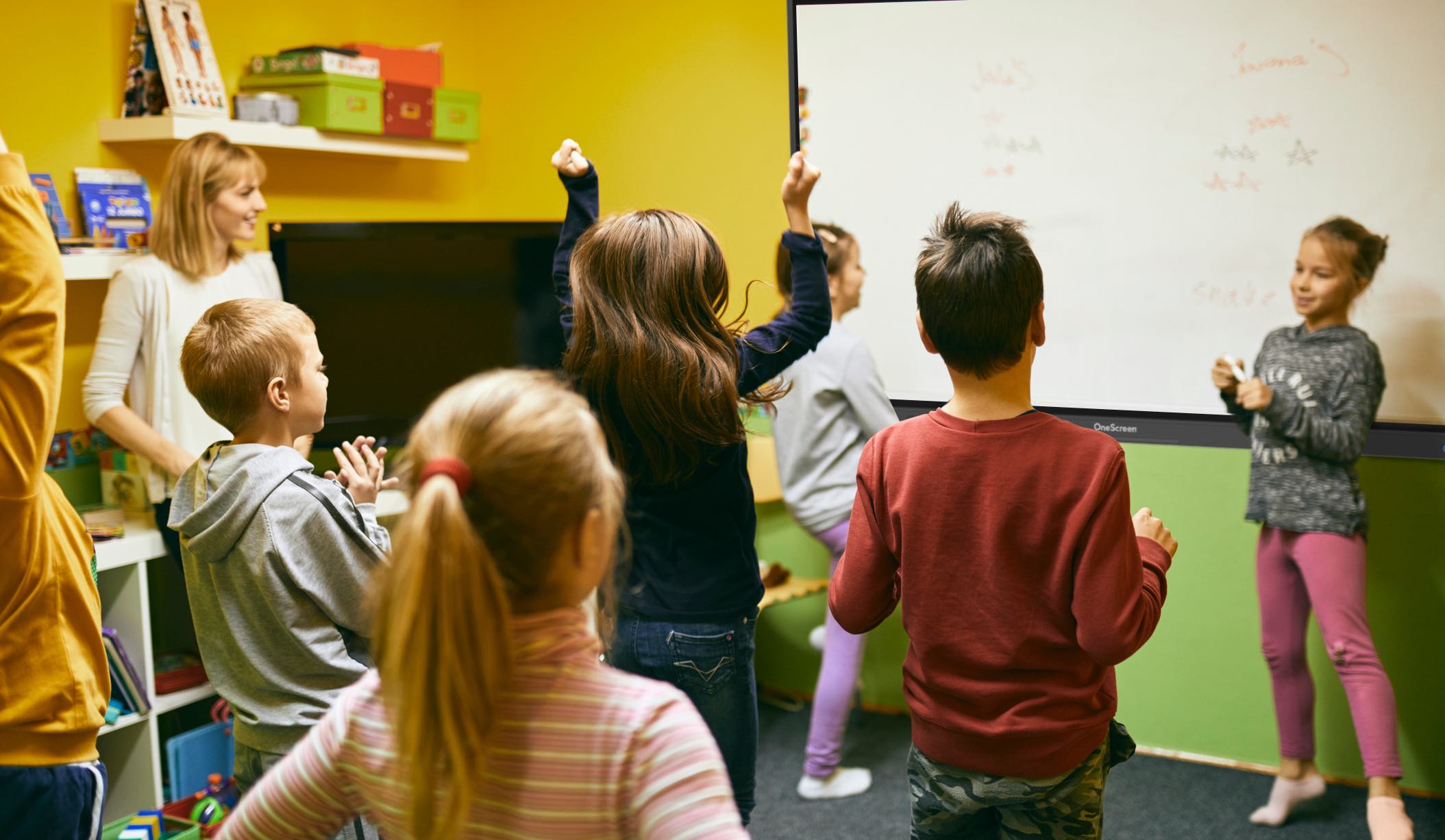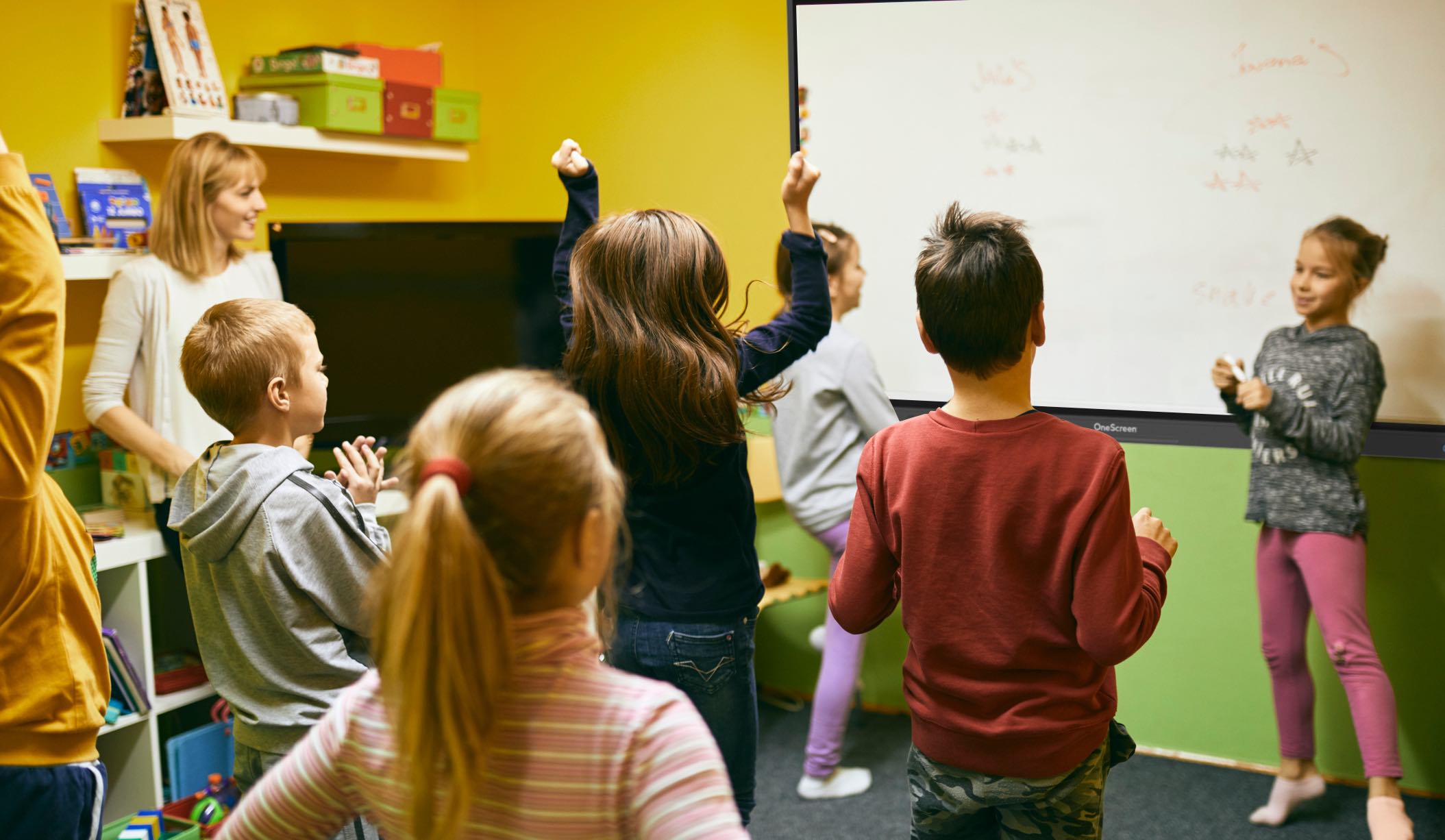
SEL by any other name would receive much more support from parents. Over the past few years, there has been a widening disconnect between what SEL means to schools vs. the perception that parents have.
Surveys from the Thomas Fordham Institute found that parents want schools to prioritize student growth in skills such as interpersonal communication, self-confidence and emotional control. However, what they would rather not do is to refer to these skills by their common academic title: “Social-Emotional Learning (SEL).”
Survey results on essential student skills
The number one subject that parents want schools to teach was “Reasoning and Problem-solving,” which is one of the cornerstones of SEL. Close behind, top spots were taken by “Math” and “Vocational Education.” Other standard SEL areas that made the top 10 were “Responsibility,” “Interpersonal Skills” and “Self-confidence.”
It was a very different story when researchers asked parents which programs schools should provide for students. Parents listed SEL second to last. The only subject area they disliked more was “Soft Skills.” Instead, the skill that parents wanted most was from schools was a program they called “Life Skills.”
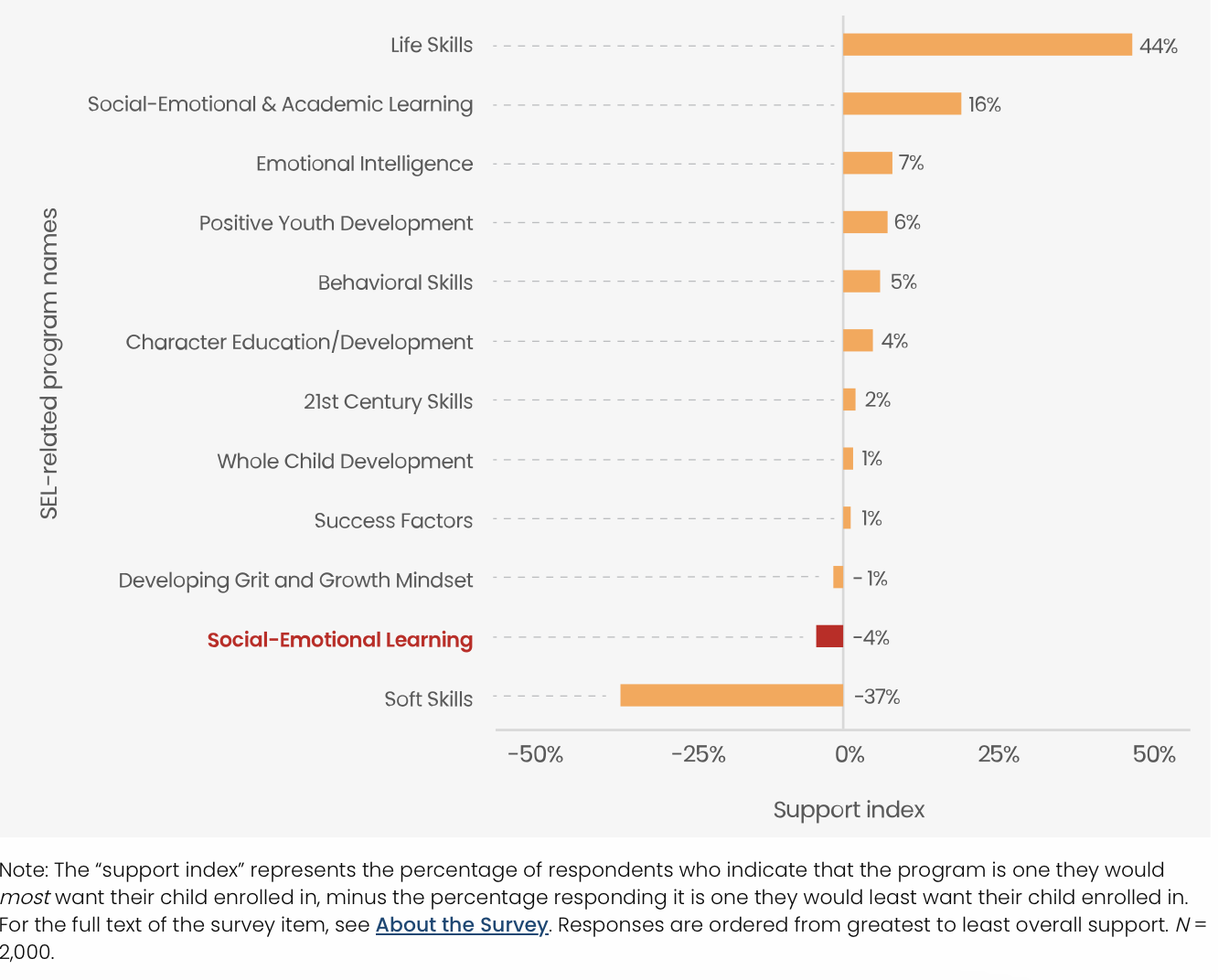
Nearly half (49%) of parents agreed that “schools should focus on academics and leave social and emotional learning (SEL) to parents and others.”
That runs counter to the nature of school itself, which has always included a behavioral component.
Why SEL means something else for parents
There are at least three good reasons why SEL does not mean the same thing to parents as it does to educators today:
#1: A Disconnect Between Label and Purpose
Lumping critical life skills under the label “Social-Emotional Learning” can sound nebulous and complicated to parents. Academic language can be difficult to interpret for average parents. Some associate “learning” only with traditional subjects like mathematics, reading or science rather than an overarching concept that integrates emotional intelligence and interpersonal skills. Perhaps the name simply doesn’t do justice to the practice of helping students grow as individuals.
#2: The Impression That SEL Takes Time Away from Academics
Some parents worry that a focus on social-emotional skills may detract from the rigorous academic preparation that students need to succeed. They fear the term suggests a shift towards “soft skills” at the expense of hard academic ones. While educators understand that SEL enhances rather than dilutes academic performance, the term doesn’t explicitly make that connection.
#3: Concerns Over Morality, Ethics and the Public Sphere
Today, it’s harder than ever to separate a school’s curriculum from the effects of large scale social and political changes in society. The name SEL suggests to some parents that teachers are going too far and entering domains that parents want to govern themselves. Topics like managing emotions, empathy, and developing relationships may seem elementary in the establishment of a student’s executive function facility, but these areas have become embroiled in cultural touchpoints. Despite the fact that SEL strives to emphasize universally accepted values and principles, parents tend to respond defensively based on external factors.
How should schools handle SEL and Life Skills?
When discussing programming with parents, school leaders should consider the value of using a label like “Life Skills,” which has had more positive associations. That name clearly states the broad-reaching benefits that students gain from this set of lessons.
No matter what they call it though, educators could look for ways to more effectively communicate with parents about which skills they are teaching and how they help students do better in every topic area. By concentrating on how these skills enrich the learning environment and foster personal resilience, teachers can go a long way in preventing common misunderstandings. Describing specific classroom activities or giving examples of lessons can help demystify the concept.
While SEL has meant different things to different people, its actual implementation in schools today promotes academic achievement and models how students can master effective collaboration. The education community may want to stick with the name SEL for simplicity, but they could also help parents by reaching out to parents and being more specific about which life skills they are teaching. In the big picture, parents and educators want the same things: sparking a love of learning for the children in their care and setting them up for success, personally and professionally.
The learning tool for the whole child
See how OneScreen promotes academic and interpersonal growth with interactive displays and educational software that have been created by educators and engineers. Where science meets learning, OneScreen is there.

 EN
EN  US
US  CA
CA  CO
CO  MX
MX  AE
AE  UK
UK  ES
ES  PK
PK 













